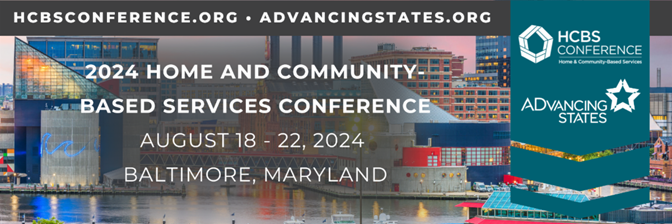Last week, House Bill 2300 was referred to the House Professional Licensure Committee. HB 2300: Legislative Package to Join the National Counseling Compact & Changes to Behavioral Specialists (Former HB 2852), allows Pennsylvania to join the Counseling Compact, enabling Licensed Professional Counselors (LPC) to practice across state lines without needing additional licenses. This change aims to improve access to mental health services by supporting telehealth, allowing LPCs to provide remote counseling. The compact also mandates standardized licensure requirements, including a 60 semester-hour master’s degree, a nationally recognized exam, and supervised postgraduate experience. RCPA is seeking member input as we develop our position on the legislation.
The Compact establishes a data system for sharing licensure and disciplinary information among member states, enhancing oversight and public safety. It mentions granting authority to member states to take actions against LPCs who violate regulations and creates the Counseling Compact Commission to oversee the implementation and administration. These changes ensure consistent standards for mental and behavioral health providers, increasing mobility and the availability of BH services.
As RCPA reviewed the details of this piece of legislation, one item of interest was that the bill entails the creation of a commission in Pennsylvania that will need to be funded. In the past, portions of commission operating costs have been realized by an increase in licensing fees. It is important to note that RCPA has not yet seen any fiscal package associated with the bill.
We ask that members review the bill and provide commentary as well as an organizational position of support, neutrality, or non-support. Please contact RCPA COO and Policy Director Jim Sharp with any feedback or questions.



















